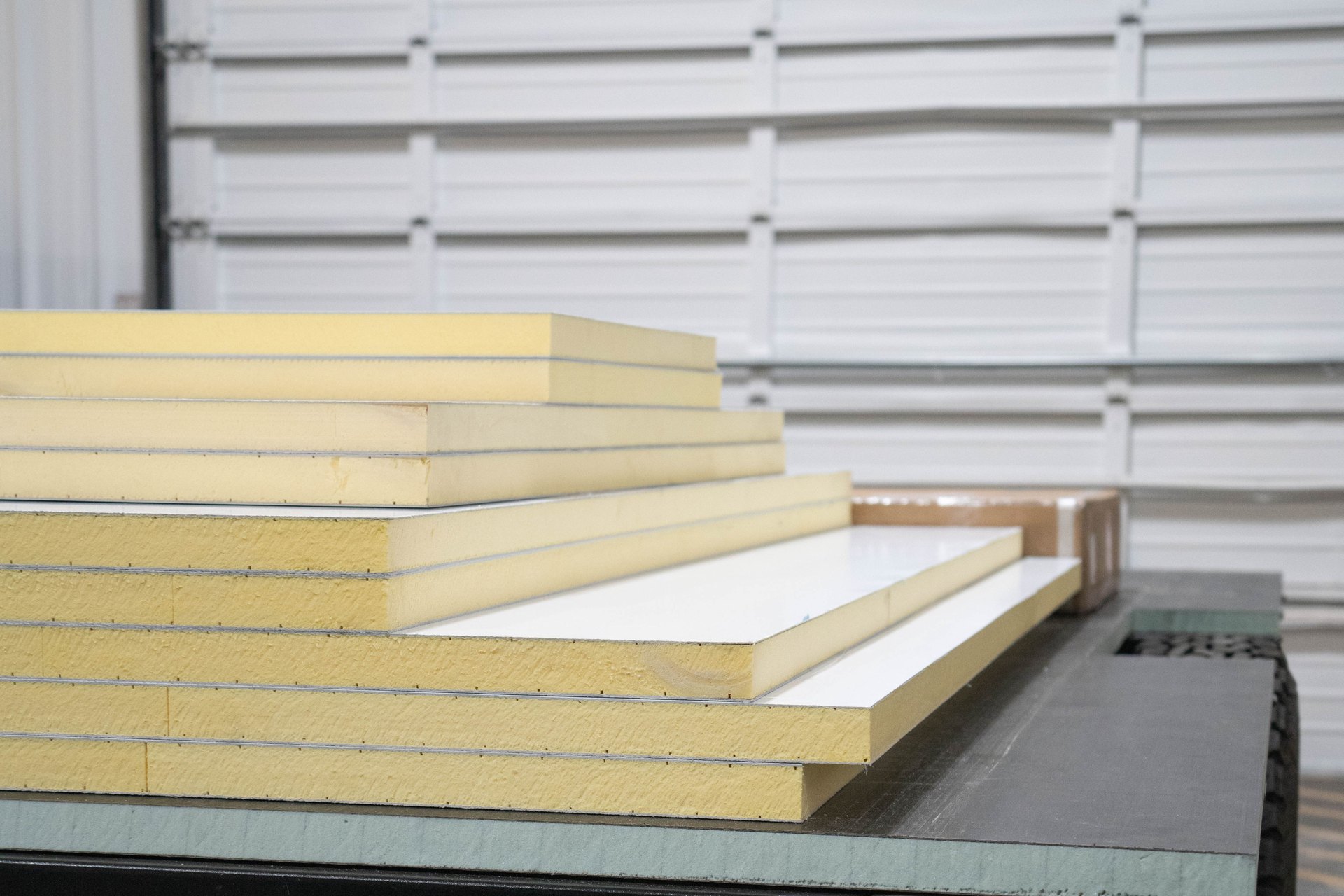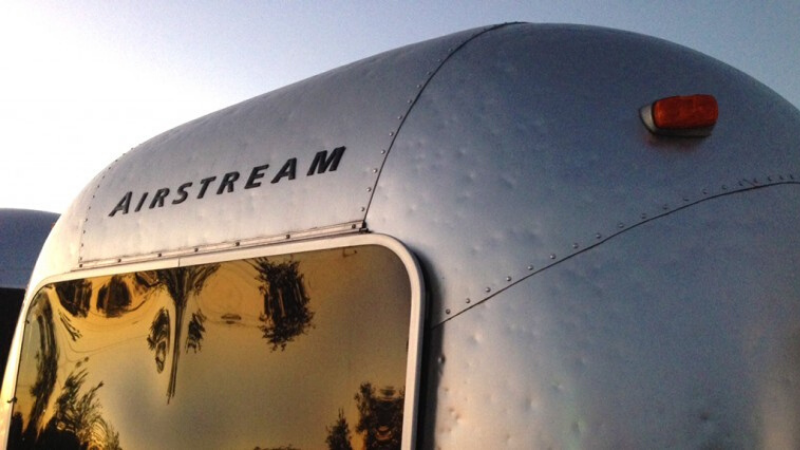
FIBERGLASS VS ALUMINUM
Boreas Campers launched all metal, fiberglass, and composite campers in 2018 and never looked back. We removed all wood products, eliminating the possibility of rot, mold, and degradation of material.
When we made the transition to our industry leading “Zero Wood” construction we had two options for construction of the cabin; Fiberglass or Aluminum. To make this decision we thoroughly investigated the camper industry, not only in the US but on a global scale. This included manufactures such as Airstream and Bigfoot in the US to Bruder and Zone RV from Australia.
The results of our research were clear, fiberglass offered the best process across all our quality and construction requirements. Below is an outline of our reasoning.
Arguments for a Fiberglass Camper.
Repairability - Unlike aluminum, fiberglass is repairable. Scratches, dents, and even punctures are easily remedied. An owner can perform most of these repairs in their own garage. For more serious damage an RV or fiberglass shop can perform the needed repairs. Once aluminum is damaged, even light scratches, are permanent.
Resistance to Hail Damage - Aluminum is very susceptible to rock dings and hail damage because it’s very thin. Our composite panel system uses an 1/8” thick exterior fiberglass sheet. This is nearly 3x as thick as a typical aluminum sheet. In the summer of 2019 one of our dealerships suffered a severe hailstorm resulting in roof damage to fifteen campers. These campers had aluminum roofs. Due to the aluminum sheeted roof construction there was no way to repair these campers without removing the entire roof. The Boreas Campers weathered the same storm with no damage whatsoever.
Weight – Nearly every teardrop manufacturer builds with a plywood cabin which is then wrapped in aluminum sheeting. When compared to our “Zero Wood” construction, the Boreas Campers are 15-20% lighter.
Thermal Conductivity – Fiberglass offers a higher R value than aluminum and has nearly zero thermal bridging. This allows for excellent temperature control in your camper. Aluminum is a conductor of temperature, bridging the differing exterior temperatures. An aluminum camper will have more difficulty controlling its interior temperature due to these factors, resulting in higher cabin temperatures in the summer and colder temps in the winter.
Thermal Expansion - Fiberglass has a very low coefficient of thermal expansion. This means in temperature changes the fiberglass has minimal expansion and contraction. Aluminum has one of the highest thermal expansion coefficients of any metal type, meaning the aluminum sheets will expand and contract when outside temperatures change. Over time this will cause stress to fasteners and sealants, eventually leading to leaks, failure of attachment points, and increased maintenance.
Sound Deadening - Fiberglass is one of the best materials for absorbing sounds. Combined with our foam core composite panel system our campers guarantee a quiet night’s sleep. Aluminum is one of the best transmitters of sounds due to its elasticity and low density. Sounds transmission is something you want to avoid in a camper.
Higher Resale Value – The benefits listed above add up to an important number; Resale Value. With fiberglass’s lower maintenance and ease of repair your camper will hold a much higher resale value than a similar aluminum camper.
Interested in building your own camper with composite panels? Check out boreascompositepanels.com to start your build!

Of course, there are some downsides to Fiberglass, and we thought it only fair to outline those as well.
Cost – Compared to the high grade of fiberglass we use; aluminum and plywood campers are cheaper on a square foot basis.
Weight – When compared to an all-aluminum camper (i.e. no plywood), our fiberglass camper is around 100lbs heavier. However, the Boreas is typically 15-20% lighter than a plywood trailer wrapped in aluminum.
Check out this video to see the components that make up our lightweight and strong panels:
In summary the Pro’s far outweigh the Con’s for Fiberglass campers. We hope this was informative and you can use this information in the search for your next adventure camper!